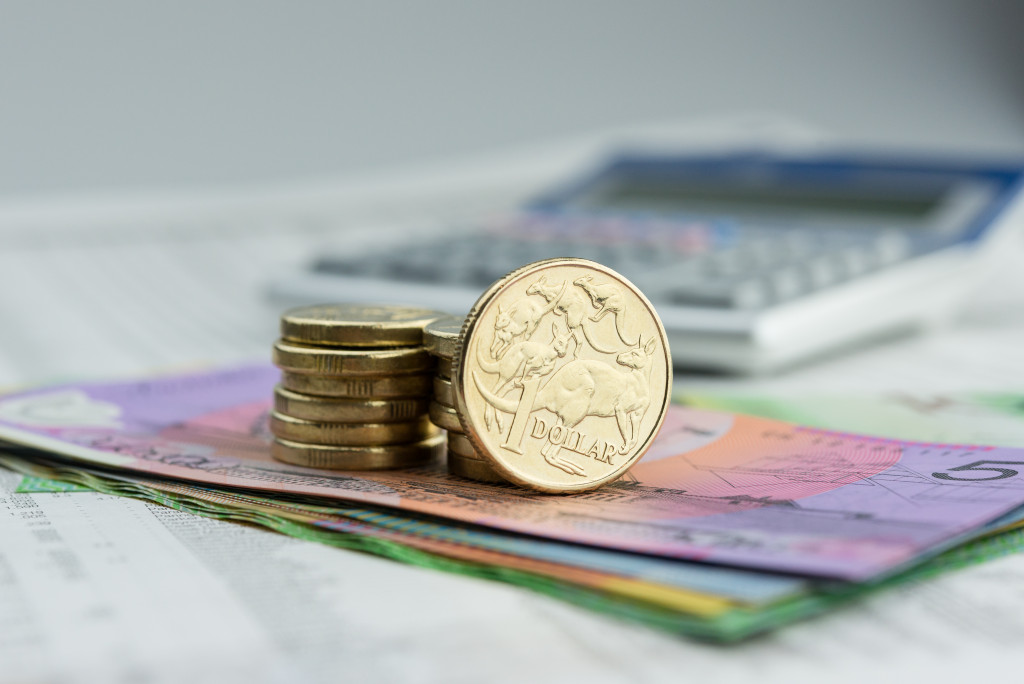Money might not be the direct source of our happiness. But we can’t deny that to be able to live comfortably, we need money. It is the most useful tool to help bring us closer to what brings us joy. Whether it be material things, new experiences, education, helping others, or more confidence. Money can help give us access to these things with more ease. It makes life less stressful too. Not to mention, money can also impact our health.
People who live in poor conditions or low-income environments have higher healthcare risk. Even if they aren’t sick, to begin with, not having access to money to pay for healthcare is already a risk. Take the pandemic for example. We have been told that staying at home, wearing face masks, sanitizing often, and social distancing is the greatest way to avoid the virus.
But what if you don’t have a home? What if you can’t afford to buy face masks or sanitizers? The virus may infect anyone of any status, but it hurts the poor the most. If you want to take care of your personal wellness you have to take care of your financial wellness as well.
Here’s how:
1. Start saving early
Financial wellness is something you should be teaching kids at an early age. Don’t pressure them into thinking that money is everything. But do teach them about wise spending habits and how to budget correctly. You should also help them open a bank account. If you’re still under 18 or if you have a child under 18 years old. A parent or guardian is needed to help open up an under 18 bank account. The earlier you teach kids how to handle money, the better they’ll be able to plan for their future.
2. Be more mindful about your money
That means resisting impulse buying and knowing the difference between your needs and wants. Before you buy things, learn to weigh the pros and cons. If you buy this new phone now will you be able to pay for your bills? Or should you settle for an older phone model? Also, know the difference between quantity and quality.
Many people fall into the trap of buying plenty of bad quality items because they’re at a cheap price. And usually end up with piles of unnecessary things that turn into hoarding. Ask yourself, is it worth it to buy 10 of the same cheap item that’ll only last you for a few years? Or is it better to buy a more expensive but quality item that’ll lessen your clutter and last longer?
Budgeting doesn’t only apply to personal things you want to buy. It also includes things such as debt, education, groceries, insurance, healthcare, housing, and insurance. You have to remember to allot a certain amount of your money for these things. But also, you could find ways to save more money on these things by choosing the right program for you.
Take your mortgage for example. What kind of mortgage would be better for your current financial situation and your future financial goals? You can talk to a mortgage broker to help you decide on these kinds of things. After all, it is their job to provide you with the best mortgage to suit your financial needs.
3. Have open conversations about finances

Our financial wellness not only affects us, but it also affects those we live with. May it be family, friends, or your partner. Financial problems can affect our relationships with these people. The way we handle our money can affect their lives, and vice-versa. If you’re living with a family member who you think is spending money more than they should be. Or if you have a relative that needs financial help.
Try to have an open conversation about it with them. The only way to solve a problem is through communication. However, financial conversations shouldn’t only arise when a problem comes up. You should try to have open conversations about money all the time. As mentioned before, teach your kids how to spend and budget wisely. Help children grow up with a healthy mindset about money.
4. Set aside an emergency fund
Make sure to set aside a certain amount of money specifically for emergencies. Whether it be a medical emergency, a fire, or a natural disaster. You have to be prepared for these kinds of things. You never know when an emergency might arise. And it’ll be exceedingly difficult to get out of an emergency if you don’t prepare for it.
5. Seek financial aid if you need to
Don’t be ashamed to ask for financial assistance. There is plenty of stigmas when it comes to financial topics. But there shouldn’t be any. If you need help, ask for help. There is no problem with that. Just don’t abuse the kindness of people and make sure to repay what you owe once you can.
Our financial wellness is what defines our personal wellness. You don’t have to be a millionaire to consider yourself financially healthy. Being able to live comfortably, without financial stress is what financial wellness is all about. Living a comfortable life is all anyone wants. One with access to good housing, food, education, health, and a little extra for fun. Remember these five things if you want to improve your financial wellness.
